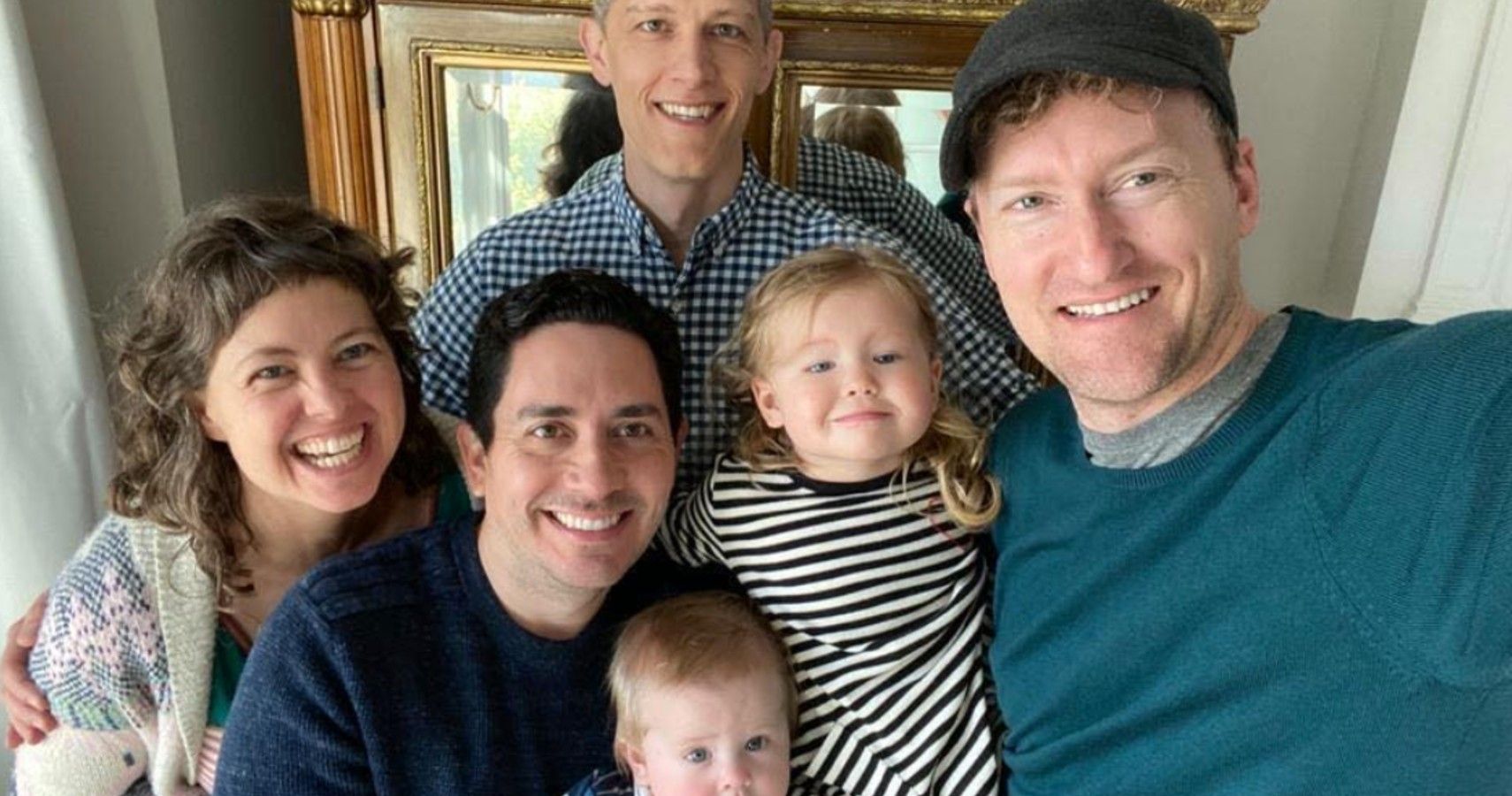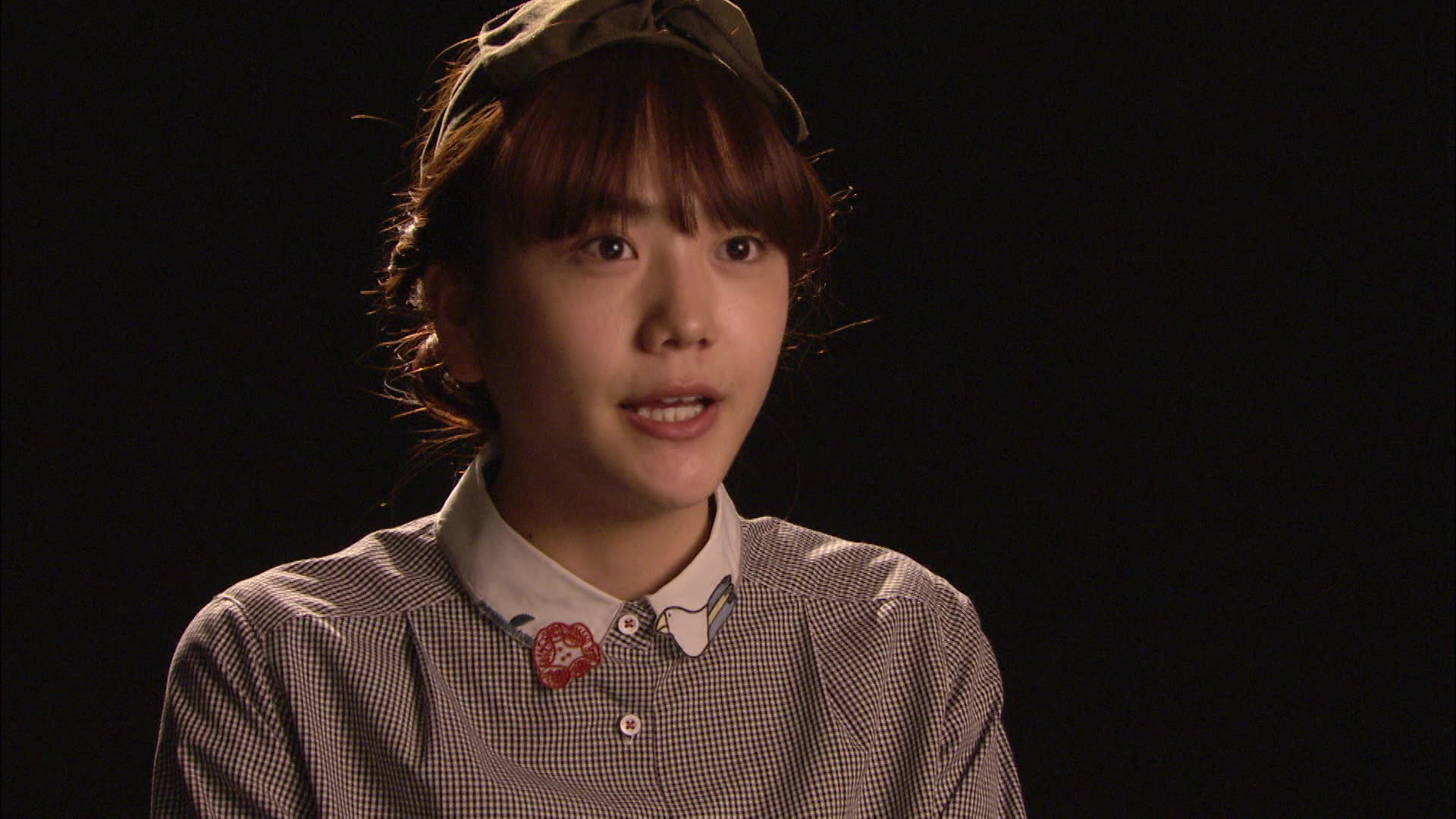Three Dads
When we hear about three dads, it might get us thinking about how numbers show up in the way we talk and write every single day. It's interesting, you know, how just a number can change the whole feeling of a sentence, or what we mean when we put words together. The way we count things, or refer to groups of items, really does make a big difference in how our words are received, and that is something we often take for granted, honestly, in our daily chats.
We often use numbers without a second thought, but they actually carry a lot of weight in shaping what we express, like when we mention a group of three individuals, or when something happens a certain number of times. It's almost as if numbers have their own little rules they follow, which is pretty neat, if you think about it, and these rules guide how we structure our thoughts and share them with others, pretty much every time we open our mouths or put pen to paper.
So, today we're going to peek behind the curtain a bit at how the number three, specifically, behaves in our language, and how it helps us make sense of things like time, quantity, and even how we describe collections of people, like those three dads we mentioned. We'll explore some ways the number three shows up in our language patterns, and you know, what that means for how we communicate, which is actually quite fascinating, in a way, once you start looking closely.
- Luke Newton Jimmy Fallon
- Joanna Frank Actress
- Selfcare Studio
- The Killers Xmas Songs
- Why Did Shia Labeouf Get Arrested
Table of Contents
- What About Three Dads and Grammar?
- How Does Three Dads Fit into Time?
- Are Three Dads Always a Group?
- What About Three Dads in Old Sayings?
What About Three Dads and Grammar?
When we talk about the number three, especially when it's connected to something like "three dads," it brings up some interesting points about how our language works. You see, the way we use verbs, those action words, changes depending on whether we're talking about a group of items or a single idea that happens to involve a number. It's actually a pretty common thing that can trip people up, but it makes a lot of sense once you see it laid out, you know, in a clear way.
Think about it like this: when you say something like "three dogs are running," the word "are" tells you there's more than one dog doing the running. The number three here is the main thing we're talking about, and it shows us we're dealing with multiple creatures. So, in this kind of situation, the verb needs to match that feeling of having many items, which means using the form that goes with more than one. This is pretty much how we handle groups, generally speaking, when we put words together.
Now, let's consider how this might look with our phrase, "three dads." If you say, "Three dads are planning a picnic," the word "are" tells us that each of those dads is doing some planning. The focus is on each individual dad as part of a group, and the action applies to all of them, so the verb has to show that there's more than one person involved. It's a simple rule, really, but it keeps our sentences sounding just right, so, you know, everyone understands what we mean.
- Chunky Heel Platform Boots
- Newton Knight Biography
- Nick Tramontin Girlfriend
- Murder Ames Iowa
- Nelly Furtado Boobs
When Three Dads Mean More Than One
But then there's another side to this, which can seem a little tricky at first glance. Imagine you're talking about the concept of having only three dads, as a specific limit or a particular set. For example, if you were to say, "Having only three dads is a unique situation," here, the verb "is" is used, which is for a single thing. The reason for this, you know, is that the subject of the sentence isn't the dads themselves, but the *idea* of "having only three dads." It's a subtle shift, but it makes all the difference.
In this second kind of example, the number three isn't acting as the direct subject that does the action. Instead, the whole phrase, "having only three dads," becomes a single idea, a singular concept that we are talking about. So, the verb then needs to match that single idea, rather than the multiple people within the idea. It's a bit like saying, "The idea of three dogs is interesting," where "idea" is the main subject, not the dogs themselves. This is actually a pretty common way we talk about concepts or specific amounts as a whole, like your very own personal collection of thoughts.
This means that when you use the phrase "three dads," the verb you pick depends on whether you're highlighting the individual dads as separate people, or if you're talking about the overall thought of having that specific number of dads. It's a nuance in language that helps us be very precise about what we're trying to get across. So, you know, it's pretty important to think about what you want to emphasize, whether it's the group or the concept itself, when you're putting words together, more or less, in a conversational way.
How Does Three Dads Fit into Time?
The number three also shows up in how we talk about time, and it's not just about counting seconds or minutes. It's about how often things happen, or how long something lasts. For instance, we often hear about things happening "quarterly," which means every three months. This is a common way businesses or organizations keep track of things, like their financial updates or reports. It's a very specific way of marking time, and it highlights the number three as a key part of that rhythm, you know, in a way that feels pretty standard.
Consider the difference between a "trimester" and something happening "quarterly." A trimester is a period of three months, like in a school year or during a pregnancy. It's a duration, a block of time that lasts for three whole months. But when something happens "quarterly," it means an event repeats itself every three months. So, you might have a meeting that occurs quarterly, say, in March, June, and September. The distinction is subtle but important, showing if we're talking about a chunk of time or a repeating event, which is actually quite useful to keep straight.
Now, how does this relate to "three dads"? Well, you could imagine a scenario where three dads get together for a regular catch-up. Perhaps they have a "quarterly" coffee meeting, meaning they meet up every three months. Or maybe they are part of a parenting group that meets for a "trimester," a specific three-month period of discussions. The number three helps define the frequency or the length of their shared experiences, which is pretty neat, if you think about it, showing how much numbers shape our everyday plans and gatherings, you know, in a pretty clear way.
The Idea of Three Dads Over a Period
The phrase "three times" is another example of how the number three helps us measure events over time. If someone says, "He punched me three times," the word "time" here refers to the number of instances an action took place. It's not about how long each punch lasted, but how many separate punching events occurred. This shows how "time" can refer to a count of occurrences rather than a duration, which is a really important distinction in our language, so, you know, we can be clear about what happened.
This concept of "times" can span various durations, whether it's seconds, minutes, hours, days, weeks, years, or even longer periods like decades or centuries. The core idea remains the same: it's about how many separate instances of something happened. So, if our three dads decide to go on a fishing trip, they might say they went "three times" this year, meaning three distinct occasions, not that each trip lasted for three units of time. It's about counting the events, basically, which is pretty straightforward.
The flexibility of the number three in describing both durations and frequencies is quite interesting. It allows us to express complex temporal ideas with simple numbers. For instance, you could talk about a project that lasted "three months" (a duration) or an event that happened "every three months" (a frequency). This distinction is pretty important for clear communication, especially when planning things or looking back at past happenings, which is, you know, something we do quite often, actually, in our daily routines.
Are Three Dads Always a Group?
When we use the number three, it often points to a collection or a set of things. For instance, something that is "three times as large as usual" means it's made up of three standard units or items, effectively making it a triple of the original. This idea of "triples" shows how the number three naturally forms a distinct grouping, making a whole out of three individual parts. It's a way of describing a quantity that is quite specific, and you know, it's pretty common to use it this way.
Think about a sporting contest where each side has three players. This is a very clear example of how the number three defines the size of a team or a unit. The game is structured around these groups of three, and the rules of play are often set up with that specific number in mind. So, the number three isn't just a count; it's a defining characteristic of the group itself, pretty much, in this kind of situation, which is, honestly, quite a neat way to organize things.
So, when we talk about "three dads," we are very often referring to them as a distinct group. They might be three friends who are all fathers, or three individuals who share the role of a parent in a particular family structure. The number three here helps us visualize them as a cohesive unit, whether they are working together on a project, or simply being talked about as a collection of people. It helps us paint a picture in our minds, you know, of this particular set of individuals.
The Notion of Three Dads as a Collection
The concept of "three" as a collection also comes up in recommendations or improvements. If someone says there are "several recommendations to further improve the sites — all three to improve," it means there's a specific, limited number of suggestions, and that number is three. The phrase "all three" emphasizes that every single one of those recommendations is important and needs attention. It's a way of specifying the exact quantity within a broader set, which is pretty useful for clarity, you know, when you're trying to make things better.
This idea of "all three" can certainly apply to our "three dads." Perhaps there are three specific dads in a community who are known for their great advice on parenting, and someone might say, "All three dads offer truly helpful suggestions." This phrasing highlights that each dad in that particular group contributes something valuable, and the total number of contributors is exactly three. It gives a sense of completeness to the group, basically, which is quite important for understanding the scope of what is being talked about.
The number three, in these cases, acts as a boundary or a defined set. It helps us understand that we're not talking about just any number of items or people, but precisely three. This specificity is pretty important for clear communication, ensuring that everyone knows exactly how many elements are being considered. So, it's not just a casual count; it's a precise indication of a fixed quantity, which is, you know, rather useful for getting your point across without any confusion.
What About Three Dads in Old Sayings?
Language, you know, has a long memory, and numbers often show up in older phrases and sayings that might not be used as much today. One classic example is "three score years and ten," which you might find in older texts, like certain versions of the Bible. A "score" means twenty, so "three score" is sixty, and "three score years and ten" means seventy years. This shows how numbers were combined in different ways in the past to express quantities, which is, honestly, pretty interesting to see how language changes over time.
- Gilbert Brown Weight Loss
- Kaitlyn Jenner Killed Someone
- Hawaii Bac Limit
- Ed Sheeran At Taylor Swift Concert
- Regal Lord Of The Rings

Three Dads - Episode 6 | Rakuten Viki

Family Of Three Dads All Get Names On Children's Birth Certificates

Tres papás - Episode 5 | Rakuten Viki